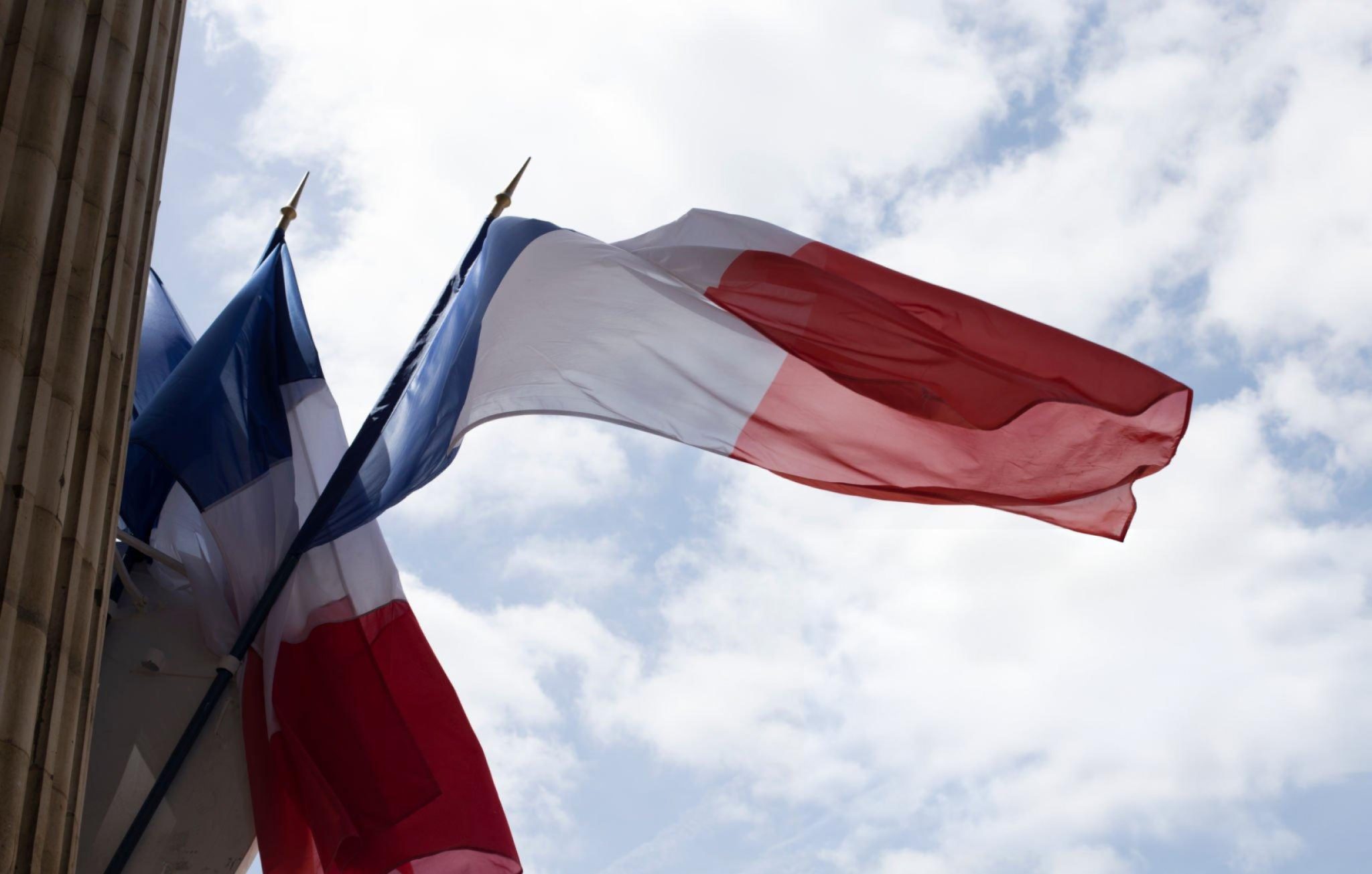France’s National Assembly, the influential lower house of parliament, is set to elect its new speaker on Thursday evening, amid ongoing political turmoil and a deeply divided legislature. The election follows an early parliamentary election called by President Emmanuel Macron, which left no party with an outright majority, intensifying the political uncertainty gripping the nation.
After two inconclusive rounds of voting, two main contenders have emerged: outgoing Speaker Yal Braun-Pivet, a member of Macron’s centrist Renaissance party, and André Chassaigne, a senior lawmaker from the Communist Party and candidate of the leftist New Popular Front coalition. The two candidates are vying to lead the fractured National Assembly, where lawmakers from different political blocs have been locked in a fierce contest to assert their influence in the new political landscape.
The Hung Parliament and the Major Political Blocs
The parliamentary election earlier this month resulted in a hung parliament, with three major political blocs emerging from the vote: Macron’s centrist alliance, the New Popular Front coalition, and the far-right National Rally party. None of these factions managed to secure an outright majority, making Thursday’s speaker election a key moment in the struggle for power within the National Assembly.
The New Popular Front, a leftist alliance of France’s hard-left France Unbowed, the Socialists, the Greens, and the Communists, won the most seats in the assembly. However, internal divisions within the coalition have made it difficult for them to present a unified front. The far-right National Rally, led by Marine Le Pen, also increased its presence in parliament, further complicating the political balance.
A Speaker Election Marked by Uncertainty
Thursday’s opening session of the National Assembly comes just days after President Macron accepted the resignation of Prime Minister Gabriel Attal and other ministers. In the interim, Macron has asked the outgoing government to continue in a caretaker capacity until a new cabinet is formed. This political uncertainty looms large as France prepares to host the Paris Olympics later this month, adding urgency to resolving the current impasse.
In the first two rounds of voting for the speaker, no candidate managed to secure the required majority of votes from the 577 lawmakers in the assembly. In the third and final round, the candidate who receives the most votes will be declared the winner. The contest has become a high-stakes battle, with each political camp aiming to project strength and shape the future direction of French politics.
Yal Braun-Pivet, 53, who has served as the speaker of the National Assembly since 2022, has a strong chance of retaining her position with the backing of Macron’s centrist allies. She may also receive support from conservative lawmakers, who could vote for her as a way to block the left from gaining control of the speaker’s chair.
On the other hand, André Chassaigne, 74, is a veteran lawmaker with deep experience in parliamentary affairs. He has been a member of the National Assembly since 2002 and was chosen as the left’s candidate after days of internal discussions among the coalition parties. Chassaigne’s candidacy represents an attempt by the New Popular Front to assert its influence in the legislature and challenge Macron’s centrists.
Political Pressure and Nationwide Protests
The speaker election is taking place against the backdrop of rising political tensions and widespread public dissatisfaction. Unions and left-wing activists have staged protests across France, calling on President Macron to appoint a prime minister from the New Popular Front coalition. The protesters argue that the leftist bloc’s electoral success should be reflected in the formation of the new government.
Despite these calls, there is no set timeline for Macron to name a new prime minister. The president has so far been noncommittal on the issue, declining to comment on France’s political situation during a summit of European leaders in Woodstock, England. “I will not answer that question,” Macron said when asked about the timing of the prime minister’s appointment.
A Nation in Political Limbo
As the battle for the speaker’s chair continues, France remains in a state of political limbo. The divided National Assembly reflects the broader divisions within French society, and the outcome of the speaker election may offer some clues as to how these tensions will play out in the months to come.
The next steps in France’s political crisis, including the appointment of a new prime minister, remain uncertain. For now, the country awaits the resolution of its parliamentary leadership, which will shape the future of Macron’s government and the broader political landscape ahead of the Paris Olympics and beyond.






